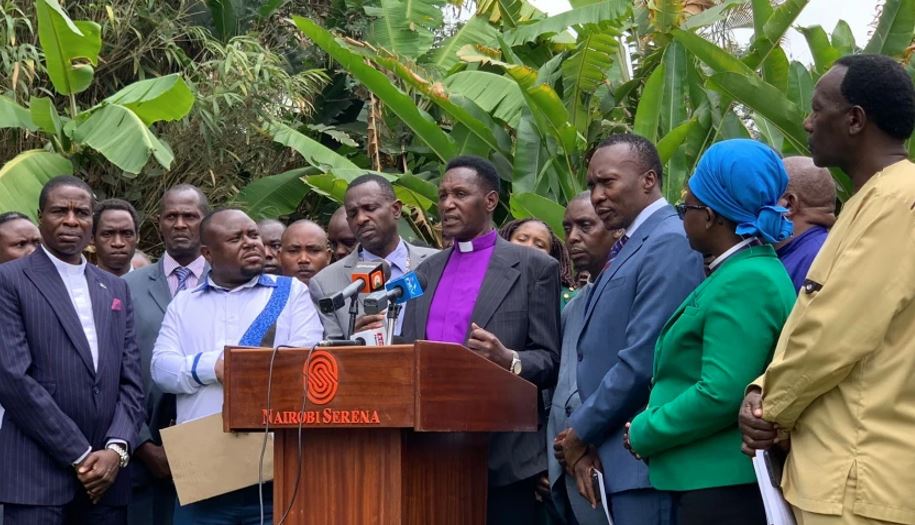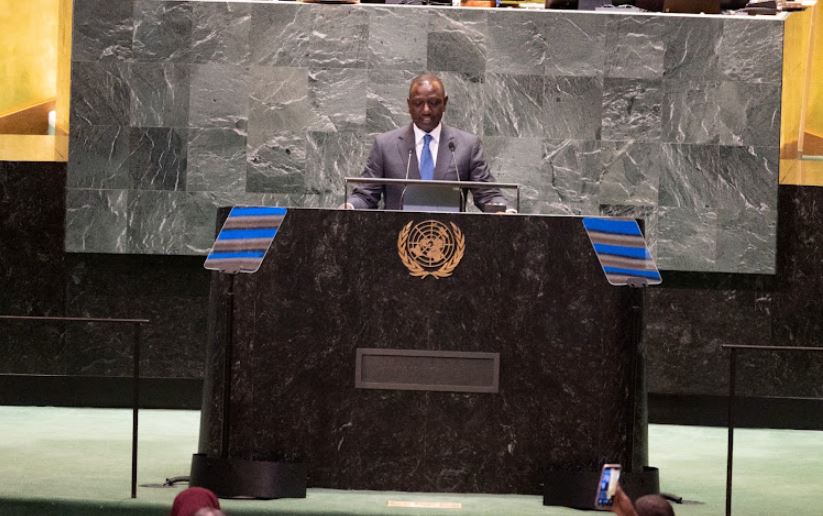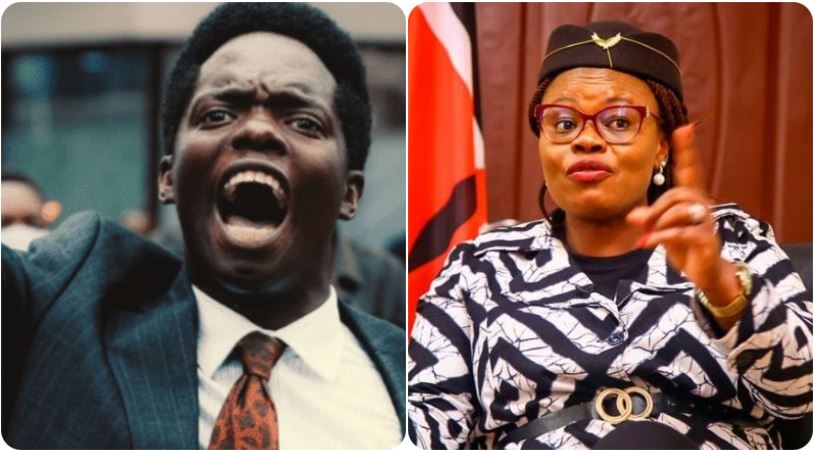
Speaking on Monday, association members voiced their discontent with specific clauses in the proposed legislation. After reviewing the bill, church leaders identified several regressive provisions that threaten the freedom of worship guaranteed by Article 32 of the 2010 Constitution.
They argue that the bill aims to criminalize the preaching of the gospel by imposing penalties of up to Kes. 10 million or imprisonment for up to five years, or both. This would restrict individuals from freely preaching on radio and television or conducting crusades.
Furthermore, the leaders stated that the bill seeks to grant counties the authority to manage and interfere in the internal affairs of churches. They contend this provision would enable politicians to intrude into church matters and intimidate pastors who address governance issues.
RELATED – New Bill Mandates Annual Financial Returns from All Religious Organizations
Additionally, the leaders argued that the bill would exclude pastors from church management and operations, allowing politicians, through county governments, to appoint officials to oversee church activities. They also expressed concern over Clause 11, which mandates that churches must join an umbrella organization, stating that this requirement would disrupt the freedom of worship.
The leaders highlighted that Clause 10, which requires churches to re-register under the new legislation, will create confusion, foster corruption, and incur unnecessary costs.
“It is widely known that Senator Danson Mungatana chaired the Ad Hoc Committee that looked into the unfortunate Shakahola incident. However, we at PVK believe it is unjust to penalize the entire church for the actions of a few individuals,” said Apostle Peter Manyuru, chairperson of the association.
The church leaders firmly rejected the proposed bill, expressing surprise at facing persecution from the very politicians they encouraged their congregants to support.








